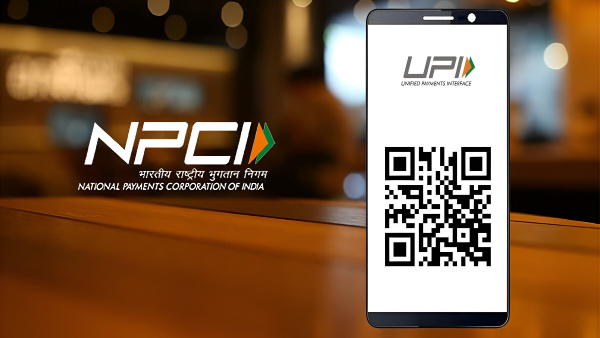India plans to regulate market domination of Google Pay and PhonePe
Google Pay and PhonePe together account for over 86% of UPI transactions by volume

The Unified Payments Interface (UPI) has been essential to the amazing expansion of India’s digital payment ecosystem. But worries have surfaced because of the dominant market share that two big players Google Pay and PhonePe hold. There is a duopoly in place because Google Pay and PhonePe together account for over 86% of UPI transactions by volume. Before the end of March, Paytm held a sizable market share in the UPI space, but its stake had dropped to 9.1%. This drop is attributed to regulatory actions by the Reserve Bank of India (RBI).
The regulatory body in charge of India’s Unified Payments Interface (UPI) mobile payment system is planning to work with fintech firms to devise a plan of action to counter the increasing market domination of businesses such as PhonePe and Google Pay within the UPI ecosystem. According to a TechCrunch article, the National Payments Corporation of India (NPCI) is scheduled to meet with executives from CRED, Flipkart, Amazon, and Fampay to discuss important measures aimed at increasing UPI transactions on their respective apps.
In February of this year, a parliamentary panel asked the government to encourage the development of homegrown fintech companies in an attempt to curtail the dominance of Google’s and Walmart-backed Phonepe’s payment apps in the nation. The increasing duopoly in the payments industry is said to have caused the Reserve Bank of India (RBI) to “displeasure”.
The National Payments Corporation of India (NPCI) is acting proactively to promote a more equitable and competitive environment in response. Lawmakers and business executives have expressed disapproval of their domination. the NPCI seeks to level the playing field for each company that joins the UPI ecosystem. Although a 30% cap on the market share was the initial objective, the deadline for compliance has been extended to December 2024.
The government aims to promote innovation and create a more varied fintech landscape by limiting the dominance of a few businesses. Smaller companies and new ventures deserve to have an equal opportunity to succeed. Consumer choice is restricted in a concentrated market. The government hopes to give consumers more options by encouraging competition among payment apps

We may anticipate more participants entering the UPI industry as long as new fintech startups receive incentives and support. Better services, more competition, and cutting-edge features will result from this. As companies compete for their attention, consumers may gain from better user experiences, reduced fees, and increased security features. It might be difficult for Google Pay and PhonePe to hold onto their leading positions.
UPI, which originated in India, has expanded its reach beyond national borders. Sri Lanka, Mauritius, France, UAE (United Arab Emirates), Singapore, Bhutan, and Nepal are a few other countries to have access to UPI payments.
You might also be interested in: UPI expands globally: List of nations that accept India’s digital payment system



